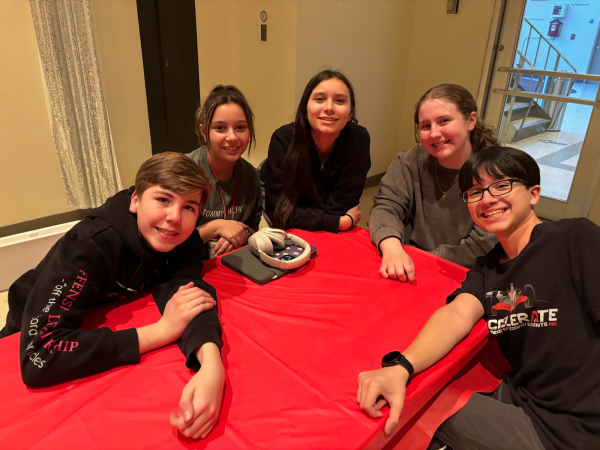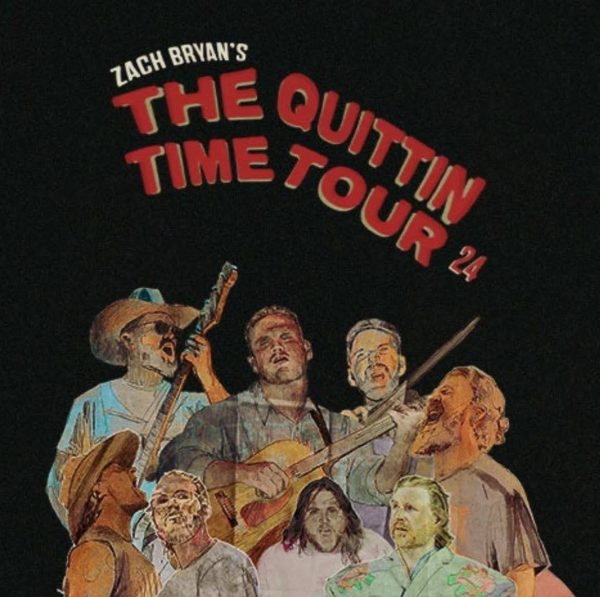The Mother of The Civil Rights Movement
Ella Baker, the woman in the shadows, was the guide for leaders throughout the Civil Rights Movement.
February 6, 2023
Ella Baker was born in Norfolk, Virginia on December 13, 1903. Her belief in social justice grew as she heard the stories of her grandmother who was a former slave. It was her grandmother’s resilience that inspired her to continue to fight.
Baker began her journey early on as she challenged the policies within the college that she attended. After graduating as the valedictorian, she moved to New York City to begin joining activist organizations.
Shortly after moving she joined the Young Negroes Cooperative League. This league was made to develop economic power for African Americans.
In 1940, Baker began to work with the National Association for the Advancement of Colored People (NAACP) as the secretary and then becoming the director of branches from 1943-1946.
The 1955 Montgomery Bus Boycott inspired her so much that she decided to co-found the organization (with the same name) to fight the Jim Crow Laws of the South.
Baker moved to Atlanta in 1957 to help Martin Luther King Jr. with his Southern Christian Leadership Conference (SCLC).
In February of 1960, a group of black students from North Carolina Agricultural and Technical State University refused to leave a sit-down diner in Greensboro, North Carolina. After that occurred, Baker left the SCLC to assist those students by scheduling a meeting for them at Shaw University. This meeting sparked the beginning of the Student Nonviolent Coordinating Committee (SNCC).
The SNCC worked with the Congress of Racial Equality. These organizations helped organize the Freedom Rides of 1961.
The SNCC also created “Freedom Summer” to help bring attention to the crisis of racism within Mississippi and help African Americans with the process of registering to vote.
According to The Ella Baker Center, voting was important to Ms. Baker as, “voting was one key to freedom.” During this time, voting was seen as one of the only ways for African Americans to make their voices heard.
Ms. Baker was an influential leader throughout the civil rights movement until her death on December 13, 1986, her 83rd birthday.
You can carry on Ms. Baker’s legacy by pushing for change throughout our society and joining The Ella Baker Center for Human Rights.
This will be the first article of many that shines a light on activists for Black History Month. Make sure to tune in each week to learn more about these leaders.


































Rica Jones • Feb 6, 2023 at 10:57 am
Thank you for the introduction of Ms. Ella Baker, I did not know of her. Well written article.